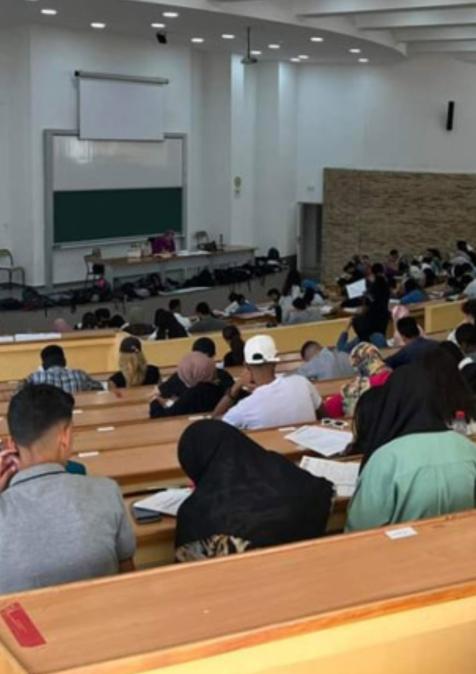The Covid-19 pandemic advanced numerous instrumental responses for online education under the urgent global shutdown of face-to-face classrooms and has accelerated and reassessed the adoption of digital tools, especially in advanced economies. While some praise the benefits of online instruction such as more flexibility, self-directed study options, and access to the same instructors and teachers as traditional learning; others remain dissatisfied with virtual classes. The latter argue that while distance learning was necessary in a time of crisis, it remains altered and thinned out of qualities and only limited to knowledge dissemination, lacking the necessary multi-sensory feedback loops and the social and affective engagement that form the enlightening experience that is education. They add that online learning was readily available pre-Covid (although not necessarily synchronous) and is only complementary to the classroom. Beyond beliefs, opinions and preferences, research shows that homework whether digital or not, increases social inequalities. In the COVID-19 crisis, this problem is exacerbated by unequal access to digital technology (as well as by differences in parental supervision of children’s schoolwork). Are classrooms really obsolete or is will a truly robust system integrate both digital and face to face learning? What did the new environment of online education teach us about the importance of face-to-face classrooms and productive pedagogies for this setting? And likewise, how can we design and utilize digital tools to the advantage of schools? What has to remain the prerogative of the classroom and what can we continue to leave to the online environment so that we can best use the in-class face-to-face time? How might we take our insights developed from online teaching to prioritize and optimize what face-to-face pedagogies afford in relation to updated understanding of educational ideals, methods and values?














